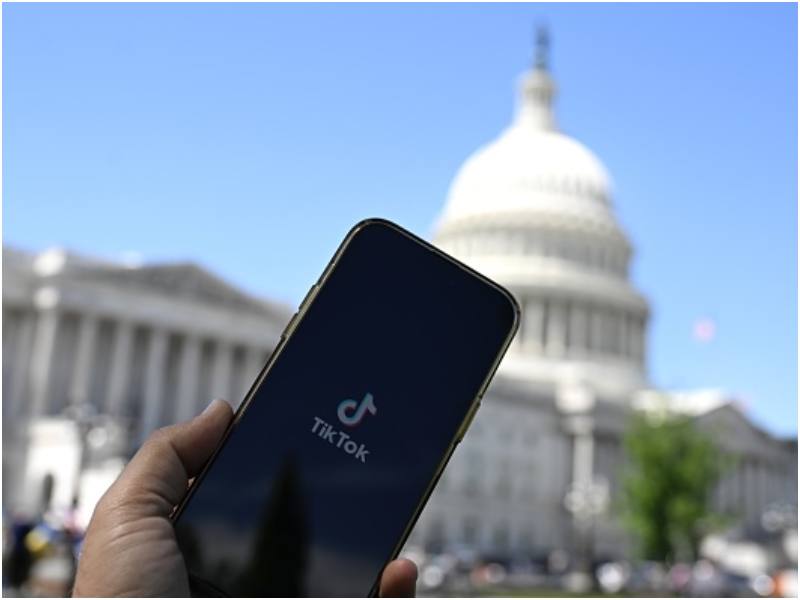TikTok has filed an emergency petition with the U.S. Supreme Court, seeking to block the enforcement of a federal law that could compel the platform to shut down in the United States by Jan. 19, 2025.
The petition challenges the constitutionality of the Protecting Americans from Foreign Adversary Controlled Applications Act, signed into law in April 2024, which mandates that TikTok sever ties with its Chinese parent company, ByteDance, or cease operations in the U.S.
The legislation, enacted as part of a larger appropriations package, targets apps linked to foreign adversaries and requires TikTok to execute a “qualified divestiture” to eliminate foreign control.
Legal Arguments

TikTok and ByteDance argue in their Supreme Court filing that the law violates the First Amendment, claiming it would cause irreparable harm to their business and to the free speech rights of the platform’s 170 million U.S. users.
The companies also assert that Congress lacked sufficient evidence of national security threats and failed to consider less restrictive alternatives before enacting the ban.
The petition follows a unanimous decision by the U.S. Court of Appeals for the D.C. Circuit, which upheld the law.
Key Deadlines
TikTok has requested a ruling by Jan. 6, 2025, to allow time for compliance if the petition is denied. If the law is enforced, a nationwide ban on TikTok could be implemented through restrictions on app stores and internet hosting services.
The timing of the ban is politically significant, as it is set to take effect one day before the presidential inauguration.
Former President Donald Trump, who previously sought to ban TikTok during his term, has recently signaled opposition to such restrictions, further complicating the political landscape.
National Implications
The Supreme Court’s decision could have far-reaching consequences, potentially determining whether TikTok remains operational in the U.S. in its current form.
The case highlights the ongoing tensions between national security concerns and constitutional protections for free speech and business operations.

